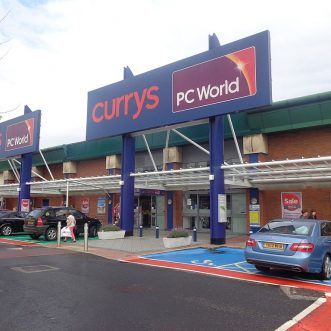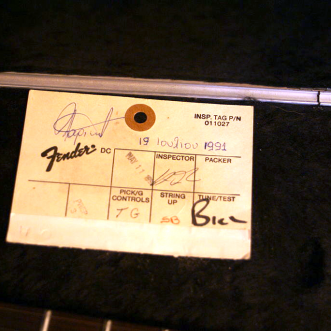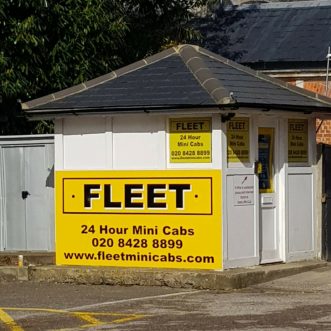October 26, 2022
“It’ll be ten minutes”, said the despatcher.
30 minutes later I call the cab office: “It’s been half an hour and I’m still waiting.”
“They’re in XXX gardens, and will be with you in 5 minutes.”
“Well if they aren’t I’m walking instead.”
“I can assure you they’ll be there in 5 minutes.”
9 minutes later the driver calls: “I’m 2 minutes away.”
“Sorry, you’re too late, I’ve started walking”.
I’d have been happier if the cab firm had said it was going to be forty minutes at the start. Then I could have made my decision to walk instead immediately. What irked me was the breaking of a promise made. The feeling of being lied to. As a result the driver missed out on a fare and wasted a journey.
“Should’ve got an Uber“, you say.
Maybe.
The way Uber solves this problem for the customer is to have a surplus of cabs available in the area. That means drivers are systematically under-employed. Which might mean it’s harder to earn a decent living. I’m not sure I want promises kept to me at the expense of the people doing the work.
Which is why in the end, I prefer travelling under my own steam.









